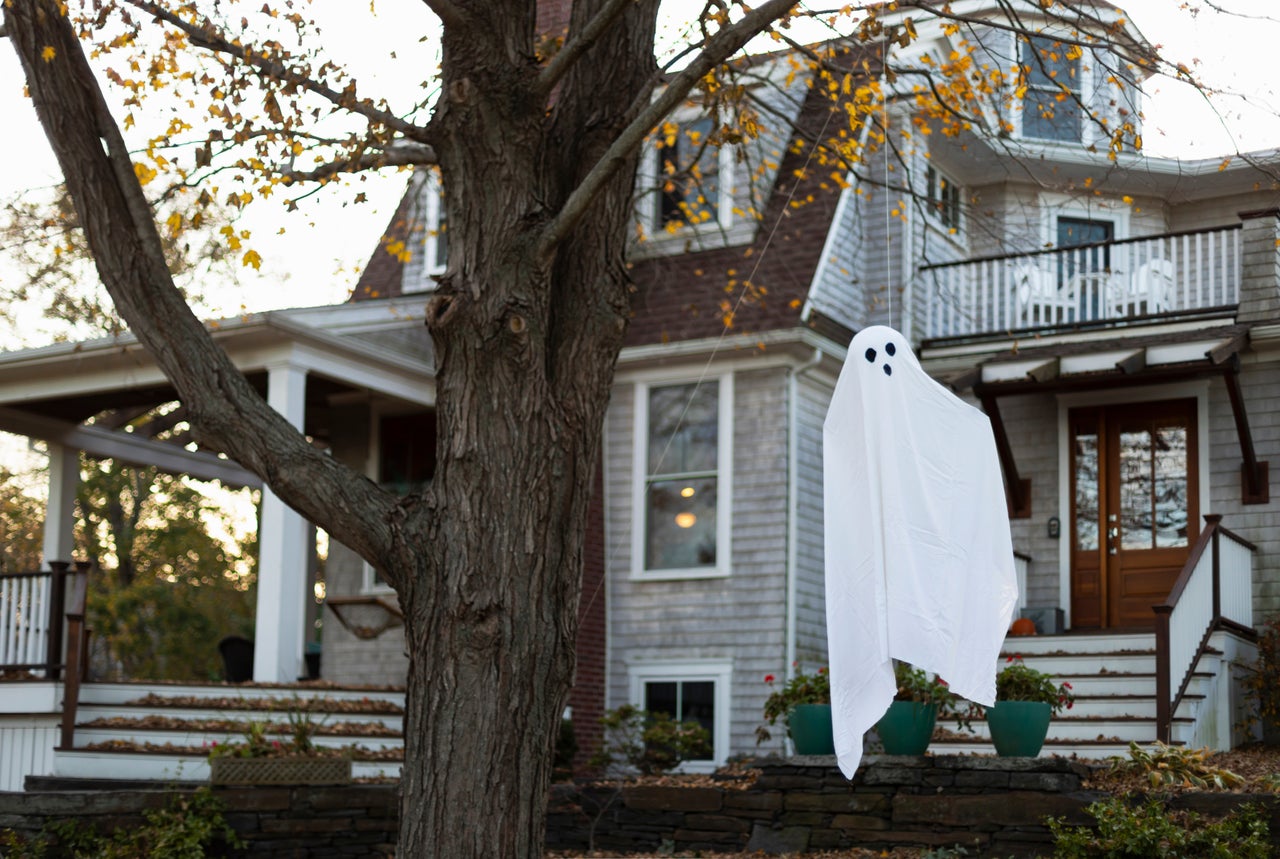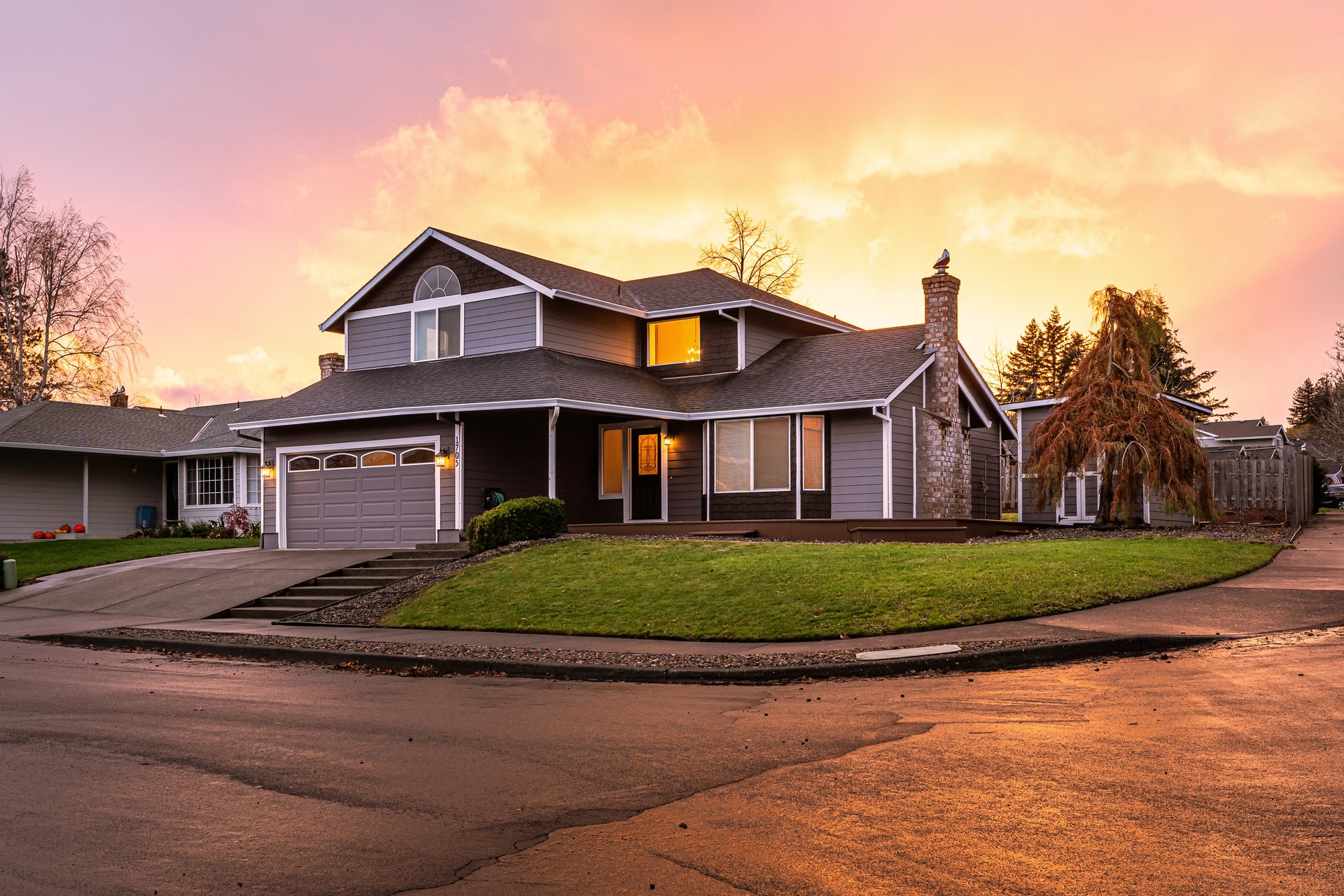Overview
- Rising property taxes and insurance payments are eroding the promise of long-term stability in homeownership.
- Serious mortgage delinquencies are growing and pressuring states that are particularly vulnerable to natural disasters.
- People who are less likely to have a conventional mortgage are more likely to feel the squeeze and fall behind on payments.

Property taxes and insurance are breaking the promise of homeownership
For a long time in U.S., owning a home meant you’d made it. Not just because it was yours, but because it came with something rare: a fixed monthly cost. Rent might rise. Jobs might come and go. But that mortgage? That stayed steady. You could plan around it. Build a life on it.
That promise is falling apart.
Across the country, more people are starting to fall behind on their mortgages. It’s not because they took out risky loans or bought homes they couldn’t afford. It’s because the costs that come after buying — the taxes, the insurance — are rising faster than many people can keep up with. And the monthly bill that was once predictable is now anything but.
Cotality data shows that serious mortgage delinquencies* fell steadily for more than three years. Then, in mid-2024, the trend turned. While almost half of U.S. states saw a slight uptick, if you zoom in on certain states —Florida, South Carolina, Georgia — the picture changes. These states, which have seen significant upticks in delinquencies, have also faced considerable natural disasters, contributing to higher insurance costs.
While not always the case, states with the largest increases in escrow payments due to rising taxes and/or insurance costs often exhibited higher delinquency rates.
Top 10 states with the highest change in year-over-year overall serious delinquency rate
Data source: Cotality, 2025
Take Florida. Property taxes there jumped nearly 50% over five years. Insurance costs are also climbing fast, especially in areas at risk of hurricanes and floods. Cotality projects those post-purchase costs will continue rising over the next five years. As a result, the average escrow payment, which typically covers taxes and insurance, rose 62% in last 5 years. That’s on top of a mortgage. And that’s money many households simply don’t have.
In South Carolina, 14 insurers ran out of funds between 2020 and 2023. When insurers leave, premiums go up. For homeowners, that means paying more to stay in the same place. Georgia, meanwhile, saw property taxes jump more than $700 on average in just five years. Median home prices are still below the national average there, but the gap is closing, fast; average prices in Georgia jumped 65% between 2019 and 2024.
“The last 10 years have seen home prices, homeowners insurance, and property taxes surge across the U.S.,” explains Cotality Economist Archana Pradhan. These rising costs reduce affordability for new buyers and squeeze existing homeowners' budgets, often leading to payment difficulties and delinquencies.
Year-over-year change in serious mortgage delinquency rates
Data source: Cotality, 2025
This is what makes the current wave of mortgage delinquencies different. It’s not just about buying a home. It’s about being able to afford to keep it.
The loans that hurt the most
Not all loans are built the same. Government-backed loans like of Federal Housing Administration (FHA) and U.S. Department of Veterans Affairs (VA) mortgages are meant to help people with lower incomes or less savings get a foot on the property ladder. They come with lower down payments and more forgiving credit rules, and they’ve opened the door to ownership for millions of Americans.
But they also come with tighter margins. There’s less room for unexpected costs. When escrow payments rise, these borrowers feel it most. Cotality’s data shows that serious delinquency rates for FHA loans are five times higher than for conventional mortgages. VA loans are not far behind with three and a half times more serious delinquencies than conventional alternatives.
Serious mortgage delinquency rates by loan type
Data source: Cotality, 2025

It appears those trying to make homeownership work on modest incomes are now being hit first, and hardest, by the rising costs that weren’t calculated into escrow obligations when they signed their loan papers.
Variability means insecurity
Property tax bills are 15.4% more than just before the pandemic, and these costs are rising against a background of challenges. Unemployment has begun to tick back up; hailstorms, wildfires, and hurricanes are inflating insurance premiums; and housing prices remained elevated. Today’s cost of homeownership is leaving many feeling destabilized.
While serious delinquencies are a category that should raise alarms, there are other signs that more Americans are slipping behind on payments. In the first quarter of 2025, the average national property tax delinquency rate — which means homeowners were at least 1 month behind on payments — was at the highest point since 2018.
Over half the states with the highest rates of delinquency also had unemployment rates above the national average.
Mississippi has the highest overall delinquency rate. It also has the lowest median household income and is among the top 15 states at risk of storm surge damage from hurricanes, according to Cotality data.
Natural disasters can impede people’s ability to pay their mortgages. In March 2025, Cotality data found that overall delinquencies in Asheville, NC, which Hurricane Helene damaged last year, rose 1% year over year. That initial delay in payment is often later compounded by rising insurance rates that increase the cost of a mortgage for the life of a loan.
In states where unemployment rates correlate with payment delinquencies, adding additional costs to monthly payments could tip more families into trouble and pressure the lower end of rental markets when people abandon mortgages and turn to renting.
The myth of stable payments
For years, people were told to buy a home and lock in a mortgage to protect themselves from rising costs. But when property taxes and insurance can jump by double digits each year, that stability disappears. A mortgage that felt affordable last year might not be this year. And the people most at risk are the ones who were promised the most protection.
If monthly payments can no longer be counted on, then homeownership loses the very feature that once made it a safe bet. It stops being a way to build wealth and starts becoming a risk.
A house is only a safe investment if you can afford to keep living in it.
*Serious mortgage delinquencies are defined as homeowners who are 90 days or more past due on a payment.



















.jpg)